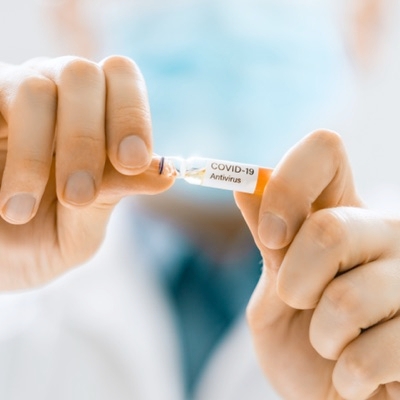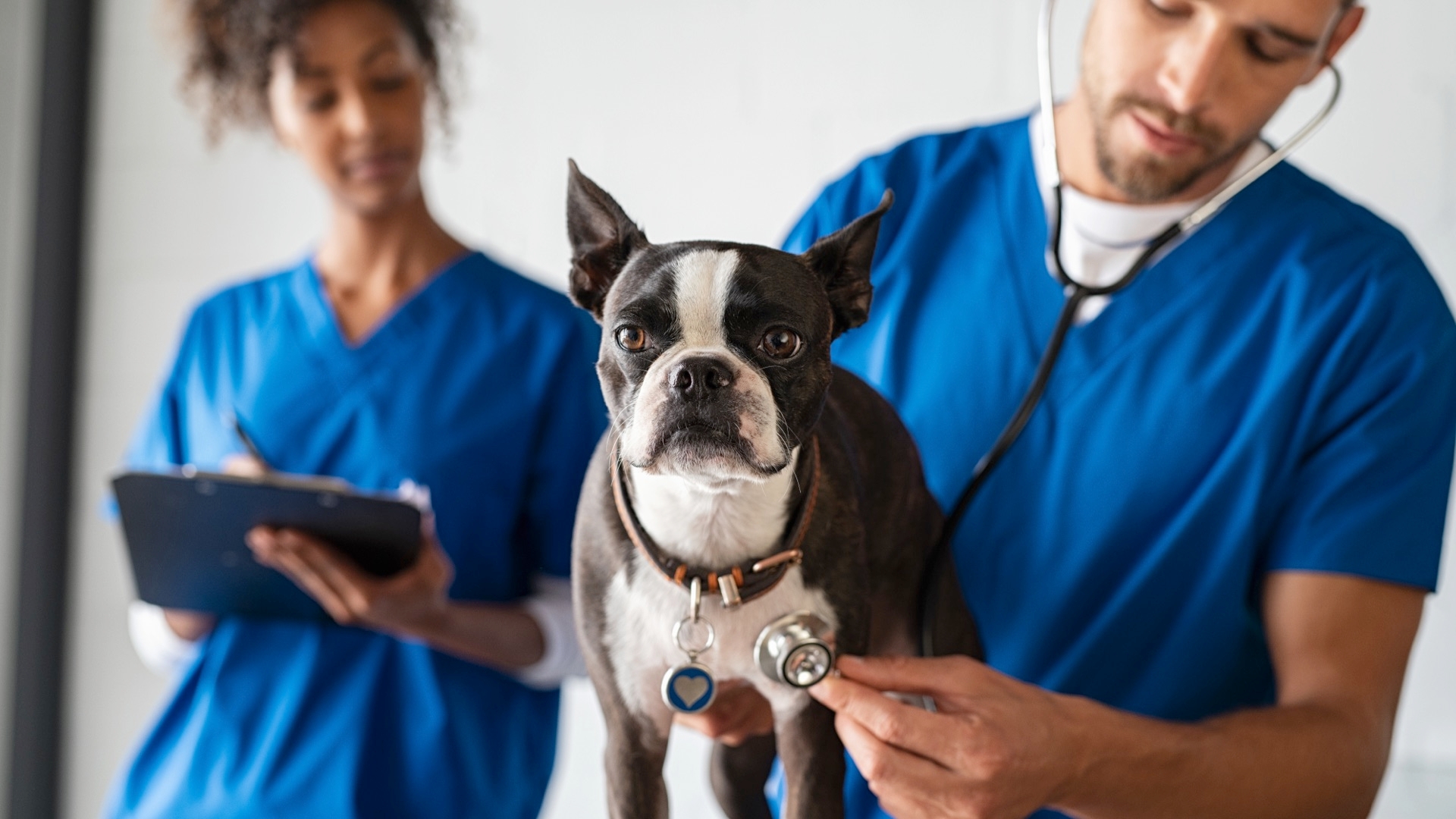Pets and COVID-19 Frequently Asked Questions (FAQ):
Summary:
There is no evidence to suggest that pets are significant contributors to COVID-19 transmission. The risk of a pet transmitting the virus to their caregiver is considered very low. However you should make plans for your pets in case you get COVID-19 and can no longer take care of them. This is especially important if you are not vaccinated against COVID-19.


How should I prepare for COVID-19 if I have a pet?
Make plans for your pets in case you get COVID-19 and can no longer take care of them. This is especially important if you are not vaccinated against COVID-19. For a downloadable guide to help with emergency planning for pets, visit nyc.gov and search for "pets and service animals." Steps you can take to prepare include:
- Designate a trusted pet caregiver (family, friend, neighbor, colleague). Your identified caregiver should have a set of your house keys, be familiar with your home and pet, know your emergency plan, and have your contact information.
- Record important information about your pet so that you can easily access it during an emergency.
- Put together a Go Bag for each pet with basic food, supplies, medicine, identification, a list of emergency contacts, your veterinarian's contact information, and vaccination proof. Keep a collar/harness, leash, and your animal's Go Bag in a place where it can be easily found.
- Have crates, food, extra litter, and other supplies on hand for quick movement of pets.
- Keeping your pet current on vaccines in the event boarding becomes necessary. Boarding kennels require proof of vaccination against rabies, distemper, adenovirus, parainfluenza, parvovirus and Bordetella.
- Making sure all medications are documented with dosages and administering instructions and that you have extra supply.
- Having extra cleaning products and newspaper or puppy pads on hand.
If you have neighbors who need help, offer to foster or walk their dog.
Ensure Proper Identification:
- Make sure your dog is licensed. See here for more information.
- Dogs and cats should wear a collar or harness, rabies tag, and identification tag at all times. Identification tags should include your name, address and phone number, and the phone number of an emergency contact.
- Make sure your pet's microchip is registered and up to date.
Can I get COVID-19 from my pet?
There is no evidence to suggest that pets are significant contributors to COVID-19 transmission. The risk of a pet transmitting the virus to their caregiver is considered very low. Wash pet bedding, leashes, collars, dishes and toys the same way you would other items in your home.
Can a pet's fur spread the virus that causes COVID-19?
There are no reports that viruses which may cause respiratory disease, including COVID-19, can be spread from a pet's fur.
Can people give COVID-19 to animals and, if so, what animals are at risk?
There have been a small number of cases in which animals, including pets, have tested positive for COVID-19 after close contact with people who have COVID-19. However, for most animals, serious illness from COVID-19 appears to be extremely rare. Since further studies are needed to understand if and how different animals could be affected by COVID-19, people with either suspected or confirmed COVID-19 infection are recommended to avoid contact with pets, livestock, and wildlife.
I am sick with COVID-19 and have a pet. What should I do?
Maintain separation from your pets as you would other household members. If possible, have another member of your household, or someone else you trust, care for your animals while you are sick. If you must care for your pet or be around animals while you are sick, wear a face covering and wash your hands before and after you interact with them. Refrain from hugging, kissing and sharing food with pets; coughing or sneezing on your pets; and allowing animals from different households to mingle. For more information, visit cdc.gov and search for "if you have animals."
How can I practice physical distancing with a pet?
When walking your dog, keep at least 6 feet between you and others. Once home, practice good hand hygiene and wash your hands with soap and water. If you are not vaccinated against COVID-19, wear a face covering when you are out walking your dog.
What should I do if I think my animal has COVID-19?
Call your veterinary clinic with any questions about your animal's health. In order to ensure the veterinary clinic is prepared to see the animal, caregivers should call ahead and arrange an appointment with the hospital or clinic visit. If you have COVID-19, symptoms of COVID-19 or have to quarantine following an exposure, do not take your animal to the veterinarian yourself. Let your veterinarian know if your animal was exposed to a person with COVID-19 and if your animal is showing any signs of illness.
Veterinarians who believe an animal should be tested for COVID-19 will contact state animal health officials, who will help to determine whether samples should be collected and tested.
Can I still adopt or foster an animal from an animal shelter?
Yes. The risk of becoming infected with COVID-19 from companion animals, including shelter animals, is low. Many animal shelters and rescues continue to look for foster care and adoption applicants. For more information about Animal Care Centers of NYC's updated operations and adoption/fostering policies, visit nycacc.org/help.


